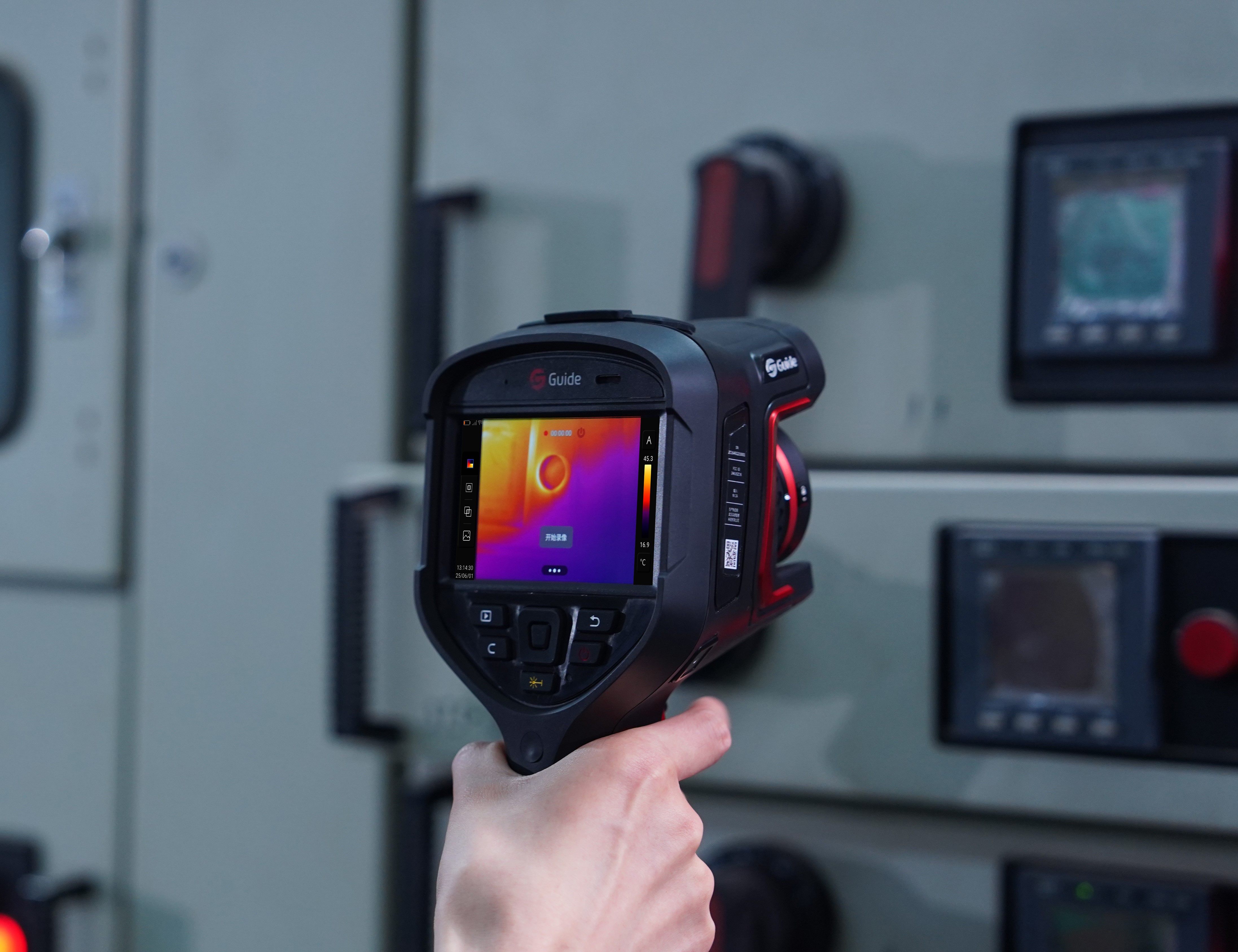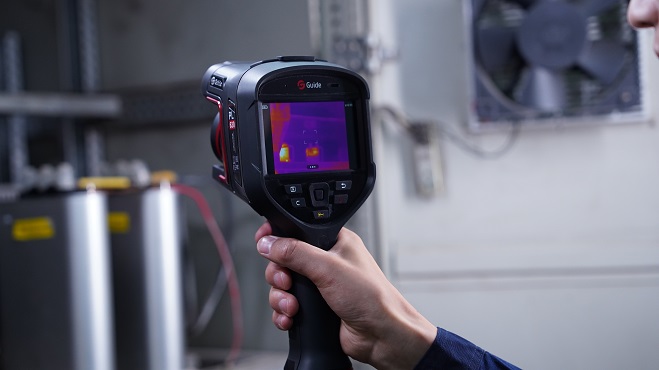A home inspection plays a crucial role in assessing the safety, efficiency, and comfort of a property. Modern inspectors do not need to depend on naked eyes and plain tools; they utilize the latest technology to detect concealed defects. Among these thermal inspection tools, such as the thermal imaging phone for inspection and home inspection thermal imaging camera, thermal image cameras are a revolutionary technology. These cameras can detect temperature changes too small for the human eye and are extremely useful in insulation evaluation, detecting water leakage, tracing electrical faults, etc. The choice of a proper thermal imaging camera for residential inspection can significantly enhance the reliability and precision of inspection results.
Why Thermal Image Cameras Are Required in Home Inspection
A thermal imaging camera for home inspection enables inspectors to visualize and measure the patterns of heat on walls, ceilings, floors, and electrical systems. For example, an inspector can detect poorly insulated spots that are causing heat loss or locate water intrusion that may become a source of mold growth in the future. Infrared camera home inspection devices also serve as essential thermal inspection tools. Thermal image cameras offer non-destructive testing compared to traditional methods, allowing inspectors to detect hidden problems without making holes or tearing out drywall.
The market for the best thermal imaging camera for home inspection has been expanding because homeowners and homebuyers need to have more detailed information about the status of buildings. Infrared camera for home inspection and infrared home inspection camera devices have become common choices among professionals. The use of cameras not only promotes efficiency, but it also adds validity to inspection reports, which could be necessary if the reports are being readied for real estate transactions.
Main Features to Look for in Thermal Image Cameras
There are differences in thermal image cameras. To make an informed choice, inspectors must know the following main features:
1. Resolution and Image Quality
A high-resolution residential inspection thermal imaging camera takes sharper and more precise thermal images. Low-resolution cameras may be fine for basic use, but where small temperature differences in walls or ceilings must be detected, increased resolution translates to greater accuracy. To those who want to provide reliable inspection reports, investing in the best thermal imaging camera for home inspection that produces better-quality photos is well worth it. Some inspectors prefer the best FLIR camera for home inspection for their superior resolution and accuracy.
2. Temperature Range and Sensitivity
Different inspection jobs require different temperature ranges. Scanning electric components for overheating or scanning HVAC equipment can require a broader range and more sensitivity. More sensitive thermal image cameras can sense even minimal temperature changes, which is very important in sensing secret leaks or insulation gaps. The best infrared camera for electrical inspections is particularly effective for identifying overheating components and potential hazards.
3. Ease of Use and Connectivity
Inspectors often find themselves in cramped spaces and don't have much time. A user-friendly thermal imaging camera with a simplified interface and navigation, and wirelessly connected, makes it easier to inspect. Mobile thermal cameras for home inspection models or thermal imaging phones for inspection solutions enable fast data transfer and on-site report generation. Some of the best home inspection thermal imaging cameras offer easy photo and report sharing through mobile phones or websites, improving efficiency and customer communication.
4. Portability and Durability
As home inspections involve frequent movement up and down through different environments, from the attic to the basement, heavy-duty but portable equipment is needed. Most thermal image cameras are rugged against extreme conditions but light enough for everyday use. The thermal imaging inspection camera and infrared inspection camera are commonly praised for their durability and reliability under field conditions.
5. Other Functionalities
The best thermal imaging camera for home inspection may also include such features as adjustable focus, laser pointers, or integration with report software. Advanced models like electrical inspection thermal imagers and thermal imaging cameras for electrical inspection help inspectors conduct both residential and electrical testing with ease. The features increase the inspection efficiency and provide better reporting capabilities.
Uses of Thermal Imaging Cameras in Home Inspection
Thermal image camera adaptability translates into a wide variety of uses in inspection:
Insulation effectiveness–Detection of heat loss or air leakage that impacts energy efficiency.
Moisture detection–Detection of water intrusions behind walls or ceilings.
Electric safety–Alerting with alarms for overheating outlets, breakers, or cabling before causing injury. The best thermal imaging camera for electrical inspections is often used for this purpose.
Roof inspections–Detection of water damage or insufficient insulation in roof systems.
HVAC testing–Checking heating and cooling equipment for performance issues.
With these applications, it's not surprising that professionals consider the best thermal imaging camera for home inspection to be an essential tool. In fact, a home inspection thermal camera or infrared thermal camera for home inspection can provide detailed thermal data to support accurate reporting.
Conclusion
As the home inspection industry continues to evolve, technology is an increasingly essential part of it. Thermal image cameras have transformed the way inspectors uncover hidden issues, with non-invasive, accurate, and reliable analysis. Some factors to consider when selecting the best thermal imaging camera for home inspection include resolution, sensitivity, ease of use, ruggedness, and extra features.
Lastly, the best thermal imaging infrared camera for home inspection not only enhances the value of inspection reports but also enables greater customer satisfaction and trust. Whether you choose the best IR camera for home inspections, the best thermal camera for home inspection, or a professional home inspection thermal camera, these thermal inspection tools ensure precision and confidence in every assessment. For inspectors who wish to compete and deliver more service, this technology is no longer an option—it is a requirement.
















.svg)
.svg)





